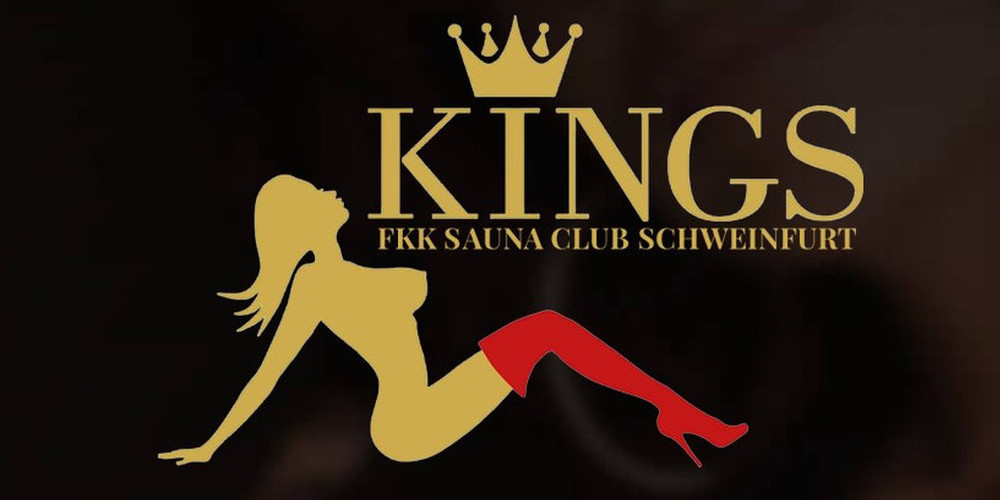
- Ja
- Kostenloses Essen
- Bier vom Fass
- Behindertengerecht
- Blickgeschützter Parkplatz
- Kostenlose Parkplätze
- Porno-Kino
- Spielautomaten vorhanden
- Whirlpool Indoor
- Finnische Sauna
- Nein
- Kostenlose Soft-Drinks
- Kostenloses Bier
- Cocktails
- Warmes Abendessen
- Sport-Live-Übertragung
- Kostenloses WLAN
- Klimatisiert
- Außenanlage (Garten)
- EC-Automat / Zahlung
- SM Raum
- Übernachten möglich
- Whirlpool Outdoor
- Swimmingpool Indoor
- Swimmingpool Outdoor
- Professionelle Massage
- Dampfbad
- Solarium
- Live Shows
- Live DJ
- Abholung möglich
- Wertfächer
Circa 7 Service-Zimmer.
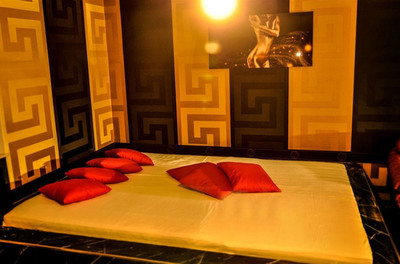
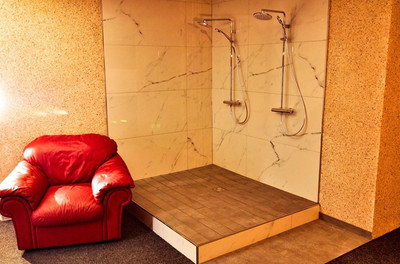
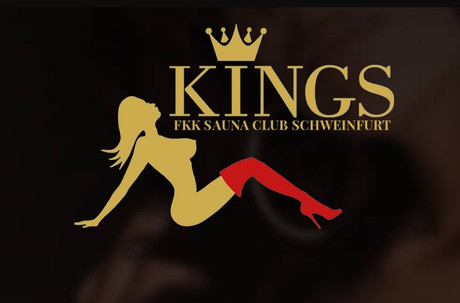
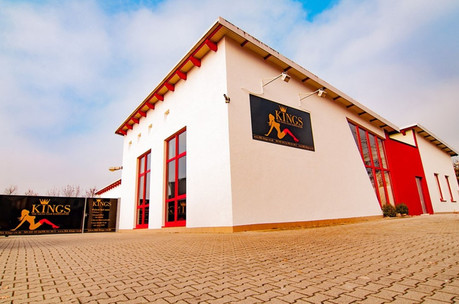
Neueröffnung am 13.12.2019!
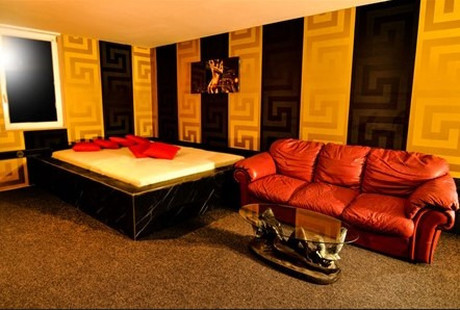
|
|
|
|
| ° | ° | ° |
AKTUELL GESCHLOSSEN!
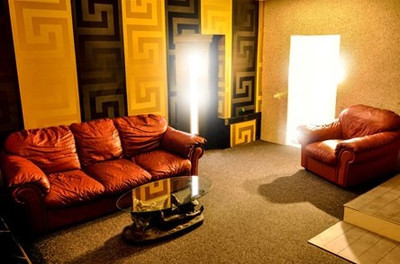
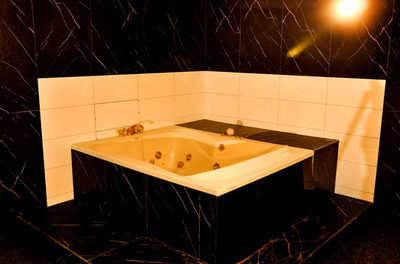
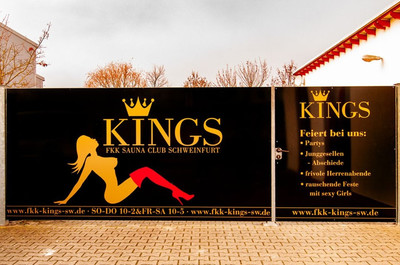
Line-up Range: Min |5-20| Max
Schweinfurt
Onomastik: swin (altfränk./altsächs.,= seichtes Wasser; der zweite Wortteil -furt steht für Furt oder Untiefe) --> Suuinfurtero, Swinfurthe, Swinvorde, Sweynfurt
erste urkundliche Erwähnung: 791 n. Chr.
Einwohnerzahl: 54.000
Fläche: 35,70 km²
Bundesland: Bayern
Regierungsbezirk: Unterfranken
Kreis: /
KFZ-Kennzeichen: SW
Fluss: Main; Wern
Der Club FKK Kings befindet sich in Schweinfurt/Gewerbegebiet Hainig.
Der Main bahnt sich über rund 500 Kilometer hinweg seinen Weg aus dem fränkischen Bergland vorbei an Bayreuth, Bamberg, Schweinfurt, Würzburg, Aschaffenburg, Hanau und Frankfurt, bis er schließlich bei Wiesbaden in den Rhein mündet. Wie bei den anderen genannten, insbesondere fränkischen Städten handelt es sich bei Schweinfurt um eine seit dem frühen Mittelalter bestehende Residenzstadt mit stolzer Tradition und ähnlich wie Bamberg und Rothenburg ob der Tauber hat die Stadt den II. Weltkrieg relativ unbeschadet überstanden. Im Stadtbild sind Baustile aus zahlreichen Epochen erhalten, angefangen bei der historischen Stadtmauer, dem Marktplatz mit stolzem Rathaus, dem Schrotturm, dem Zeughaus, dem ehemaligen Klosterhof Ebrachter Hof, dem Schloss Peterstirn, wichtigen Kirchenbauwerken wie dem St. Johannis aus dem 13. Jahrhundert und dem St. Salvador, den Mainbrücken, dem Altstadt-Entrée und dem Fischerrain am Main. Aus neueren Zeiten stechen insbesondere der intakte Bauhausstil der 1930er Jahre sowie sowie neben der umfassenden Renovierung der Altstadt neue Stadtviertel wie Bellevue und Carus-Park. In Schweinfurt befinden sich außerdem die Hochschule für angewandte Wissenschaften; neu angesiedelt werden im Wissenschaftsareal Carus-Park i-Campus/i-Factory in Verbindung mit dem Fraunhofer-Institut für Produktionstechnik und Automatisierung. Schweinfurt gilt als die Stadt, in der 1853 von Philipp Moritz Fischer das erste Fahrrad gebaut wurde.
Schweinfurt ist eine der ältesten Städte Bayerns. Seit dem 12. Jahrhundert bis zum Ende des Heiligen Römischen Reiches (Reichsdeputationshauptschluss) war die Stadt Reichststadt; sie kam später nach Bayern. Im Dreißigjährigen Krieg (1618-48) gehörte die Stadt zu den Anhängern der Reformation; 1632 bezogen der schwedische König Gustav II. Adolf und sein Generalfeldmarschall Wrangel dort Quartier und bauten die Befestigungsanlagen der Stadt massiv aus. Noch im selben Jahrhundert begann der Aufstieg Schweinfurts zu einem humanistischem und wissenschaftlichem Zentrum. 1652 wurde die Deutsche Akademie der Naturforscher Leopoldina gegründet (heute Nationale Akademie der Wissenschaften mit Sitz in Halle).
Schweinfurt ist von durch und durch fränkischer Tradition und dennoch eine multikulturell geprägte Stadt. Außer in Wolfsburg und Ingolstadt ist das Pro-Kopf-BIP nirgendwo in Deutschland höher als in Schweinfurt. Traditionskonzerne - insbesondere im Bereich der Wälzkugellager - wie Schaeffler (FAG Kugelfischer), SKF (Svenska Kullagerfabriken), ZF Friedrichshafen (Fichtel & Sachs), SRAM Fahrradkomponenten (Fichtel & Sachs), Winora-Staiger Fahrräder, Fresenius Medical Care, SenerTec, Cahl Kühne KG und Bosch-Rexroth haben hier wichtige Niederlassungen oder gar ihren Firmensitz und bescheren der Stadt das größte zusammenhängende Industriegebiet ganz Bayerns mit eigenem Main-Hafen. Dennoch erweist sich Schweinfurt nicht zuletzt aufgrund seiner naturnahen Lage an den Höhenzügen von Rhön, Haßbergen, Steigerwald und Spessart mit vielen Parkanlagen und Gewässern als eine Stadt mit hohem Freizeitwert, zahlreichen tradierten fränkischen Festen und Kirchweihen, dem Stadttheater, Museen wie dem Museum Georg Schäfer, Schloss Mainberg, aber auch modernen Institutionen wie dem Kneipenfestival Honky Tonk, zahlreichen In-Discos, einer ausgeprägten Hiphop-Szene sowie der Unterfrankenschau. Schweinfurt war von 1945 bis 2014 eine der bedeutendsten US-amerikanischen Garnisonsstädte in Europa (USAG Schweinfurt). Der US-Amerikaner Harry Gelbfarb eröffnete 1956 nach seinem Militärdienst in Schweinfurt ebenda das erste Bodybuilding-Studio Deutschlands.
Zu den berühmten Söhnen und Töchtern Schweinfurts gehören Judith von Schweinfurt, Otto III. (Schwaben), Johann Elias Bach, Johann Lorenz Bach, Friedrich Rückert, Theodor Fischer, Philipp Moritz Fischer, Friedrich Fischer, Willy Sachs, Andreas Kupfer, Albin Kitzinger, Stefan Marquard, Jürgen Höller und Bernie Paul sowie der auf Schloss Mainberg geborene Gunter Sachs.
Kolping-Hotel GmbH (2,1 Km)
Moritz-Fischer-Straße 3
97421 Schweinfurt
https://www.kolpinghotel-schweinfurt.de
Hotel am Bergl (2,4 Km)
Berliner Platz 1
97424 Schweinfurt
https://www.hotelambergl.de